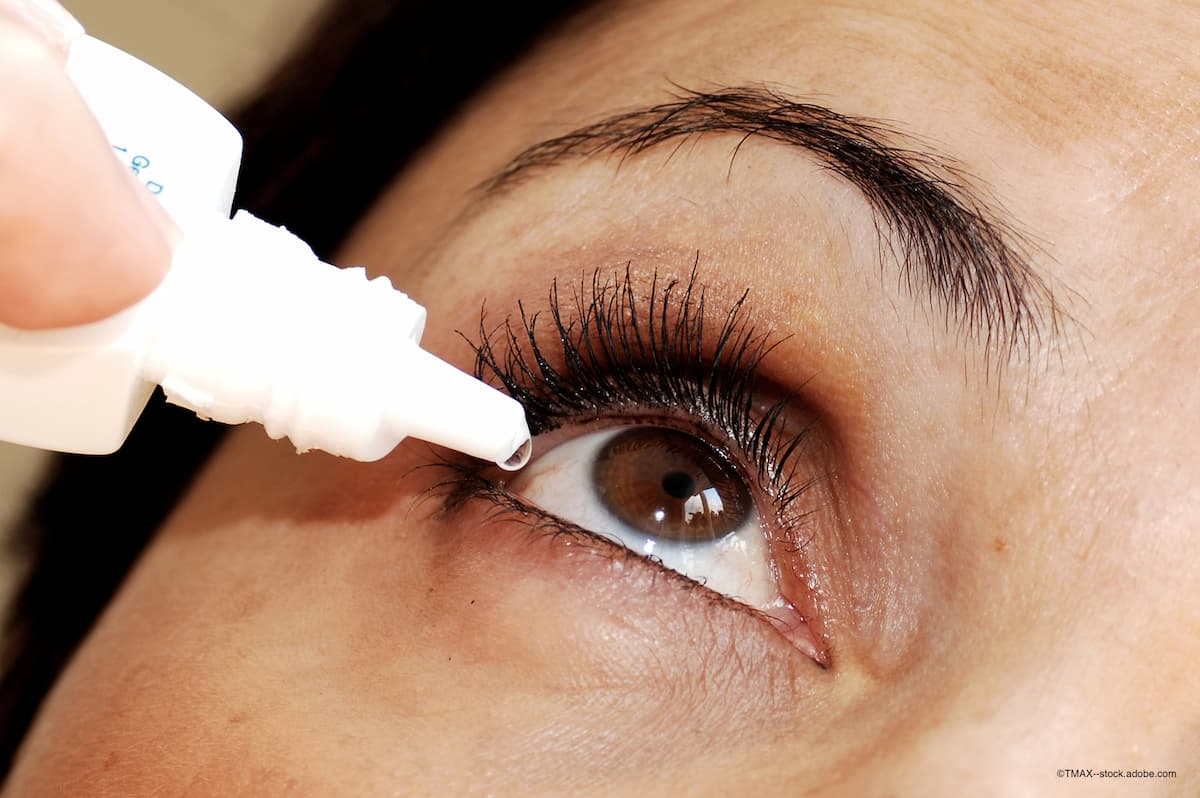First patient enrolled in pivotal phase 3 clinical trial of BRM421 for dry eye disease
BRIM Biotechnology’s BRM421 is a first-in-class regenerative peptide and could relieve signs and symptoms of dry eye disease in as little as 2 weeks.
Photo courtesy of @TMAX

Today, BRIM Biotechnology announced that the first patient has enrolled in the pivotal phase 3 clinical trial of BRM421 for the treatment of dry eye disease (DED). The candidate is a first-in-class regenerative peptide, which repairs corneal damage and holds the potential to relieve symptoms of DED in as little as 2 weeks.
“DED affects millions of people worldwide, and there are insufficient treatment options to address the needs of people living with this disease,” Wen Chyi Shyu, CEO of BRIM Biotechnology, said in a press release. “Due to its unique mechanism of action, BRM421 has the potential to become the first DED treatment to offer rapid and total relief.”
Despite being based in Taiwan, BRIM Biotechnology is running the phase 3 clinical trial for BRM421 in the United States. The multicenter, double-blind, randomized, vehicle-controlled trial is investigating the safety and efficacy of the regenerative peptide. The study will enroll more than 700 patients with moderate to severe DED. The patients will be treated with either BRM421 or vehicle control eye drops for 2 weeks; they will be evaluated on Days 8 and 15.
The phase 2 data supports claims of healing corneal damage and resolution of DED symptoms in as little as 2 weeks, and the phase 3 trial will use co-primary endpoints for signs and symptoms: total corneal fluorescein staining score on Days 8 and 15 as well as the visual analog score (VAS) of burning and stinging on Day 8. Topline results are expected at the end of 2023.
“In just seven years, BRIM has licensed a technology platform from academia and through our translational science expertise, we have accelerated development to reach the first patient enrollment in our Phase 3 study,” Shyu continued. “Such rapid progress reflects the unique advantage of our PEDF-derived Short Peptide (PDSP) technology platform and validates our commitment to developing transformational treatments.”
Key takeaways:
- First patient is enrolled in pivotal phase 3 clinical trial of BRM421 for dry eye disease
- First-in-class regenerative peptide BRM421 could relieve signs and symptoms in as little as 2 weeks
- Phase 3 trial will evaluate safety and efficacy of BRM421 for DED
- Co-primary endpoints for signs and symptoms: total corneal fluorescein staining score on Day 15 and the VAS of burning and stinging on Day 8
- Topline results are expected at the end of 2023
Newsletter
Want more insights like this? Subscribe to Optometry Times and get clinical pearls and practice tips delivered straight to your inbox.